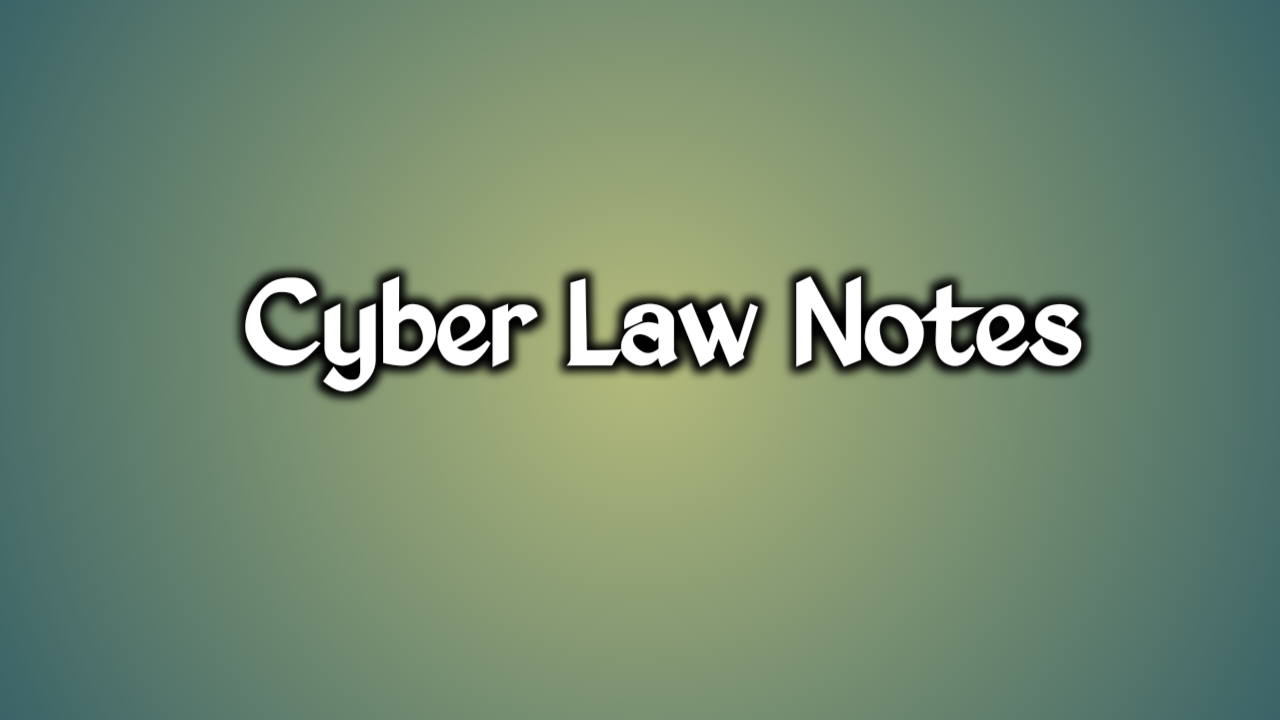The ( IT Act 2000 ) information Technology Act, 2000 was inforced on 17 october 2000. By this Act inforcement, India became the 12th nation to introduced IT Act.
Previously it was governed under Department of electronic provions in India.
It has total 13 chapter, 2 schedule and 94 section. It amendment in 2008 and 2009.
Aim and Objective of IT Act, 2000 :-
- To give legal recognition for transaction by electronic data.
- legal recognition to digital signature.
- Faciliate ectronic storage data.
- Give leagal recognistion ectronic fund transfer.
- To faciliate ectronic filing document with government department.
Features of Information Technology Act 2000
The procedure of appointment of adjudicated officer for holding inquiry under the act has been laid down.
The provision for establishment of Cyber regulatory -: Appellant Tribunal under the act.
The controller is to act repository of digital signature certificate.
A provision has been made of appointment of controller of certified authority to all licence and regulate the working of certified authority.
Senior Police officer have been given power to enter any public place and search and arrest without warrant.
section 10 enforcement of e- contract
Applicability and non applicability of IT Act,2000
Applicability of Information Technology Act 2000
Outside India, by any person irrespective of his nationality if his conduct constituting offence involving a computer system or network located in India.
As per the Chapter 1 of the clause 1, sub clause 2 it is clearlly mentioned and talks about the applicability of this Act as it mentioned that
It shall extend to the whole of Indiaand , save as otherwise provided in this Act, it applies also to any offence or contravention thereunder committed outside India by any person.
Non- applicability of Information Technology Act 2000
Schedule first of this Act explain about that where this law non applicable. Certain features of the Act are :-
- Negotiable instrument as define in section 13 of Negotiable Instrument Act 1881 (26 of 1881)
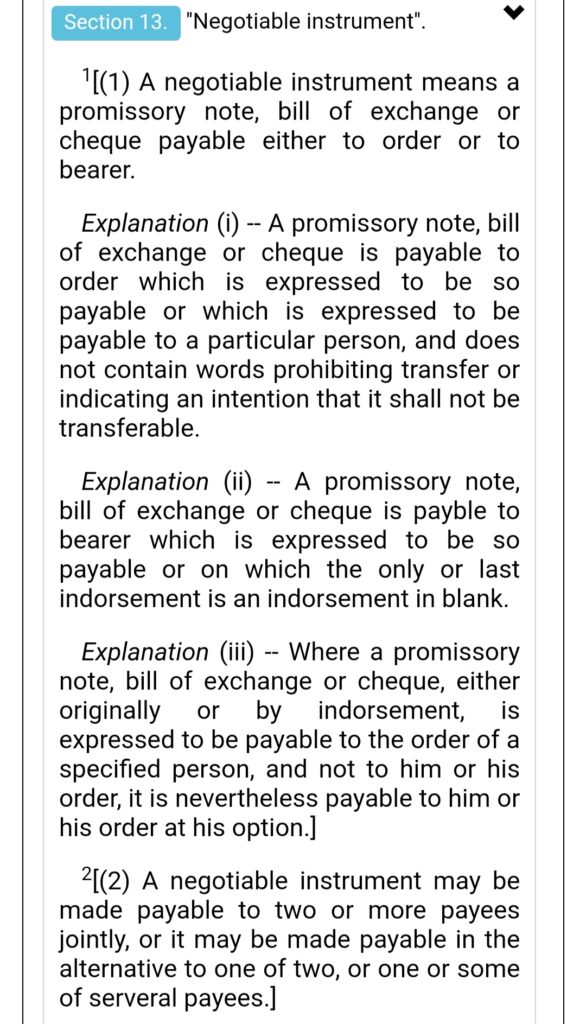
This negotiable instrument includes a cheque, a Demand Promissory Note or a Bill of exchange issued in favour of or endorsed by an entity regulated by the Reserve Bank of India,
National housing Bank, Security and Exchange Board of India, Insurance Regulatory and Development Authority of India and Pension Fund regulatory and Development Authority.
2) A power of attorney as defined section 1A of the power of attorney act 1882 7 of 1882.
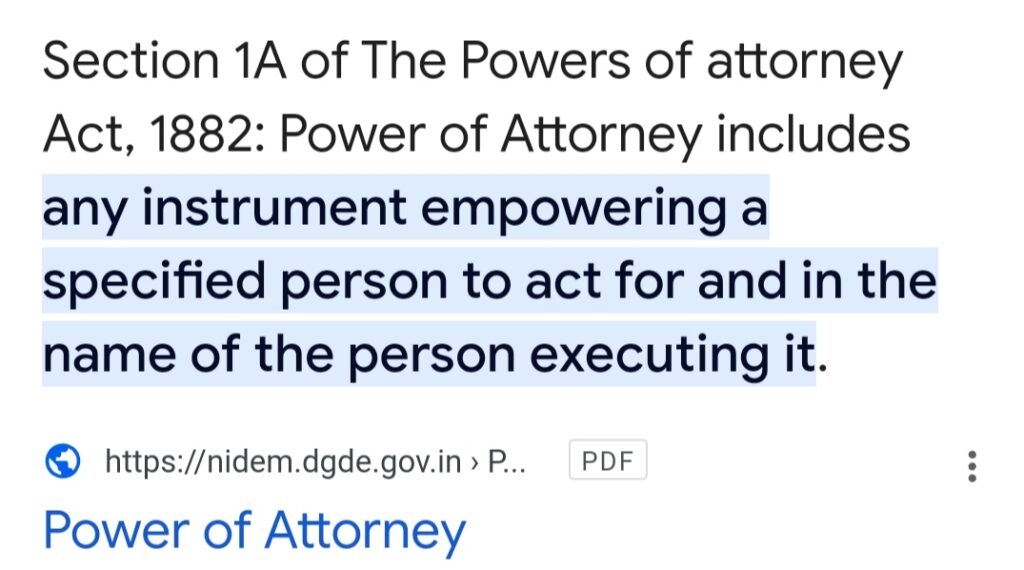
But excluding those Power -of -Attorney that empower an entity regulated by the Reserve Bank of India, National housing Bank, Securities and Exchange Board of India,
Insurance regulatory and Development Authority of India and Pension Fund regulatory and development authority to act for, on behalf of, and in the name of the person executing them.
3) Trust as the find in section 3 of Indian trust act 1882 (2 of 1882).
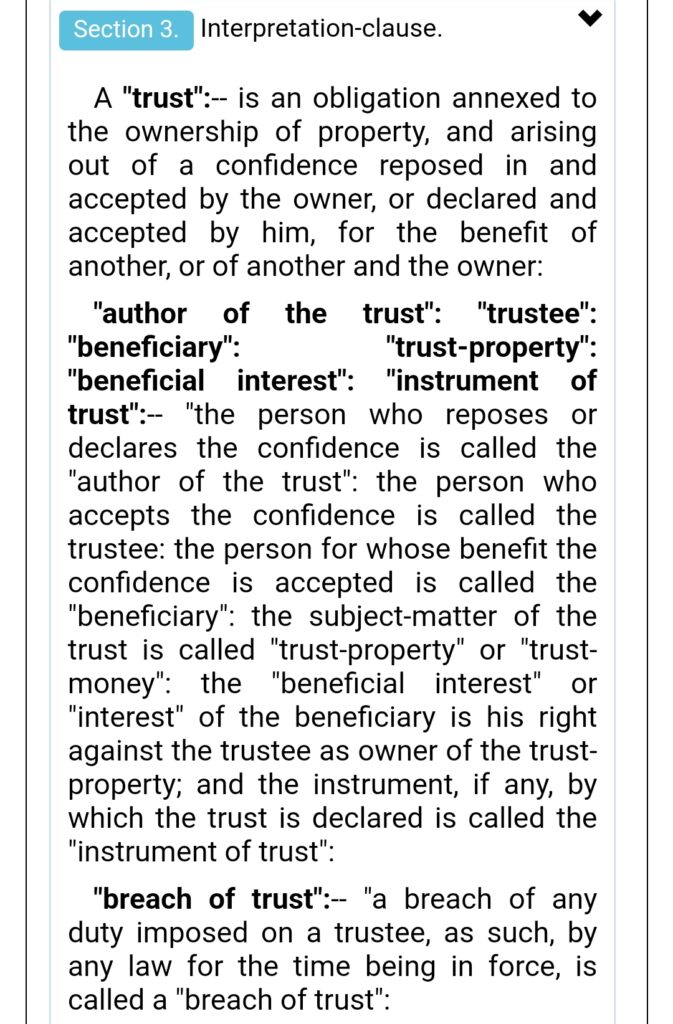
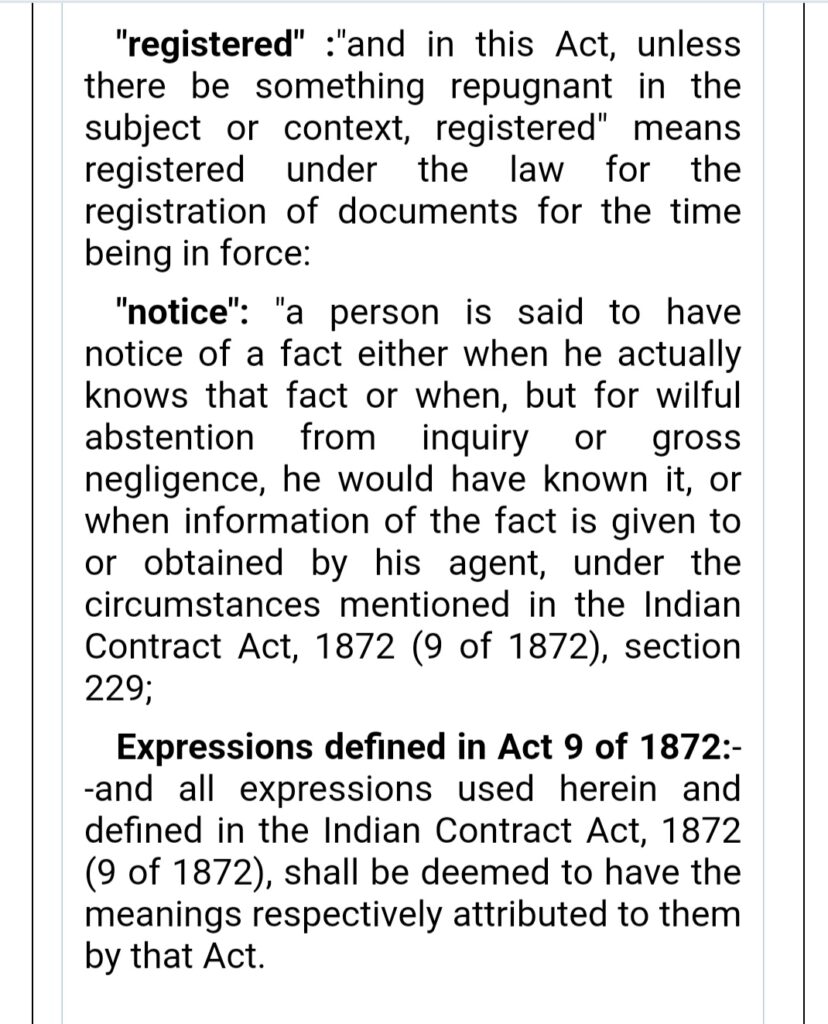
4) A will defined in clause (h) of section 2 of Indian succession act 1925 (39 of 1925) including any other testamentry disposition by whatever name called.

Jurisdiction of Information Technology Act 2000
Under CrPc jurisdiction of IT Act, 2000
section 177 ordinary place of enquiry and trial
Every offence shall ordinary be inquired into and tried by a court within whose local jurisdiction it was committed.
section 178 place of enquiry of trial
when it is uncertain in which of several local area and offence was committed. Or
where in office is committed partially in one local area and partially in another. Or
Where in office is a continuing one and continue to be committed in more local areas then one. Or
where it consists of several act done in different local areas.
It may be inquired into all tried by a court having jurisdiction over any of such local areas.
section 179 office tribal where act is done or consequences ensues
when an act is an office by reason of anything which has been done and of a consequence which has ensued,
the offence may be inquired into or tried by a court within whose local jurisdiction such thing has been done or such consequence has ensued.
Under IT Act, 2000
Section 13 Time and place of dispatch and receipt of electronic record
(3) Save as otherwise agreed to between the originator and the addressee,
an electronic record is deemed to be despatched at the place where the originator has his place of business,
and is deemed to be received at the place where the addressee has his place of business.
(4) The provisions of sub-section (2) shall apply notwithstanding that the place where the computer resource is located
may be different from the place where the electronic record is deemed to have been received under sub-section (3).
(5) For the purposes of this section,–
(a) if the originator or the addressee has more than one place of business,
the principal place of business, shall be the place of business
(b) if the originator or the addressee does not have a place of business,
his usual place of residence shall be deemed to be the place of business;
(c) “usual place of residence”, in relation to a body corporate, means the place where it is registered.
Section 61- IT Act state that
Civil court have not any jurisdiction , the jurisdiction will apply according to below mentioned section of IT Act.
Under section 46 power to adjudicate
(3)No person shall be appointed as an adjudicating officer unless
he possesses such experience in the field of Information Technology
and legal or judicial experience as may be prescribed by the Central Government.
Under section 48 Appellate Tribunal
1) The Telecom Disputes Settlement and Appellate Tribunal established under section 14 of the Telecom Regulatory Authority of India Act, 1997 (24 of 1997),
shall, on and from the commencement of Part XIV of Chapter VI of the Finance Act,
2017 (7 of 2017), be the Appellate Tribunal for the purposes of this Act and the said Appellate Tribunal shall exercise the jurisdiction, powers and authority conferred on it by or under this Act.
2) The Central Government [shall specify, by notification] the matters and places in relation to which the [Appellate Tribunal] may exercise jurisdiction.
Under section 75 Act to apply for offence or contravention committed outside India
(1) Subject to the provisions of sub-section (2), the provisions of this Act shall apply also to any offence or contravention committed outside India by any person irrespective of his nationality.
(2) For the purposes of sub-section (1), this Act shall apply to an offence or contravention committed outside India by any person if the act or conduct constituting the offence or
contravention involves a computer, computer system or computer network located in India.
Cyber space jurisdiction
International Space Centre
Such as Antarctic , ocean which there has no any jurisdiction of any State, High Seas and Deep Ocean Floor.
Principle of jurisdiction in cyber law
Subjective territoriality
The subjective territory means if a particular act or conduct committed with him the boundary of the regulating state,
they search State shall be intitle to lay down the law that would governed such an act or conduct.
Objective principle
The objective principle files it’s application where the act in question take place in another territory ,
however the effect of the activity direct or indirect is substantially felt within the foreign state.
Nationality
Our national law is territory specific and Nationality is the basis for jurisdiction,
where the forum state assert passed the right to prescribe the law foreign action based on nationality of the act.
Protective principle
The protective principle expresses the desire of a sovereign to punish action committed in other places solely because it feels threaten by those action the protective file application ,
where country take necessary action in Forum state to secure it national interest and threat.
Passive principle
Is it based on the complaint nationality.
Universal Jurisdiction
The State Back it’s claim on the ground that the crime committed is considered as crime against all ,which any state is authorised to punish it also called Universal interest jurisdiction.
Theories of Jurisdiction in cyber space
Uploader and downloader in cyber law
State can forbid on its own territory the uploading and downloading matter its considered harmful to at interest ,
a state can there for forbid anyone from uploading a gambling site or matter harmful for its Nation interest.
Minnesota theory in cyber law
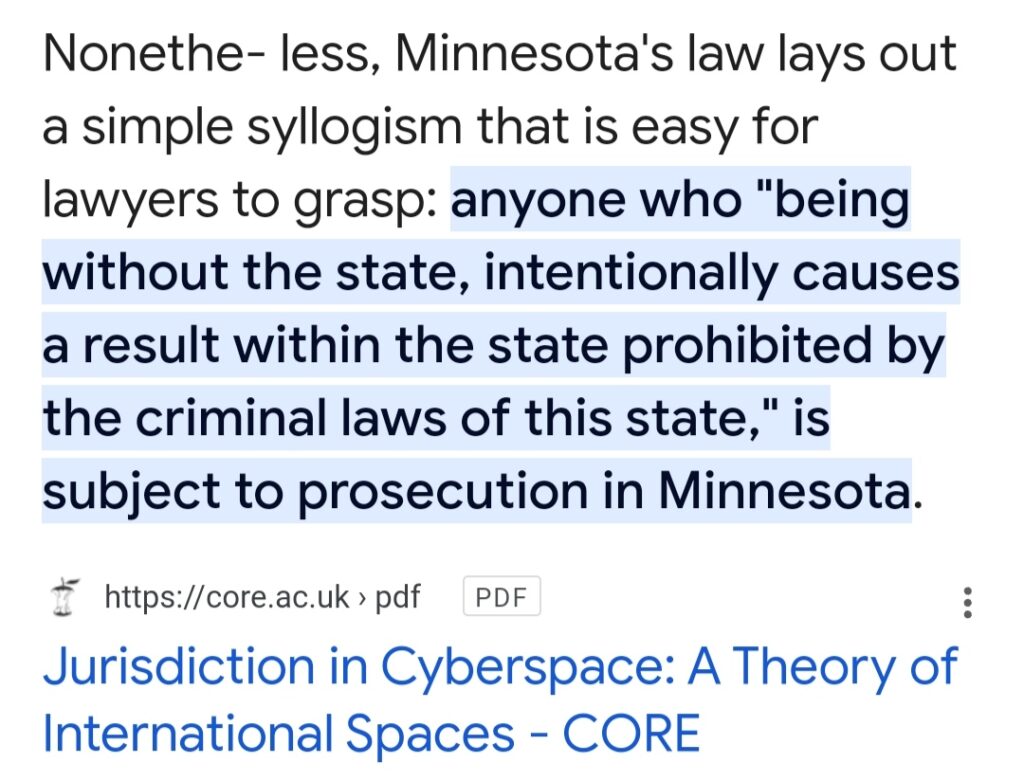
Person outside of minnesota who transmit information via the internet,
knowing that the information will be infringing the Civil / criminal law in minnesota on subject to jurisdiction,
in Minnesota Court for valuation of State criminal / civil law.

